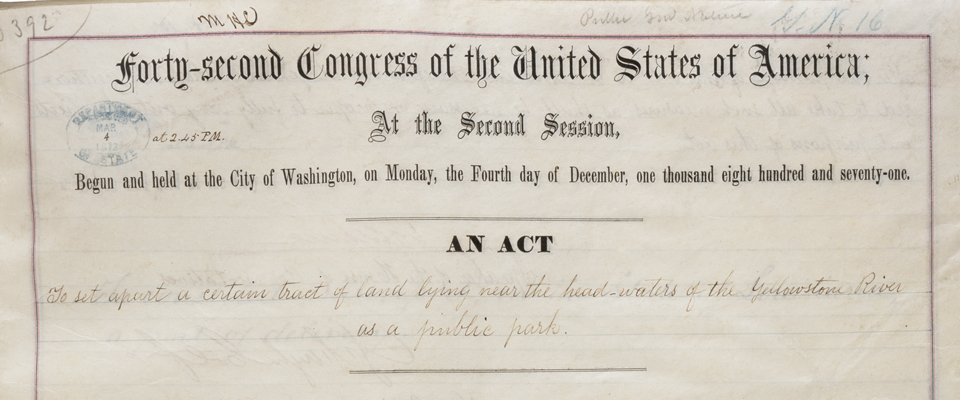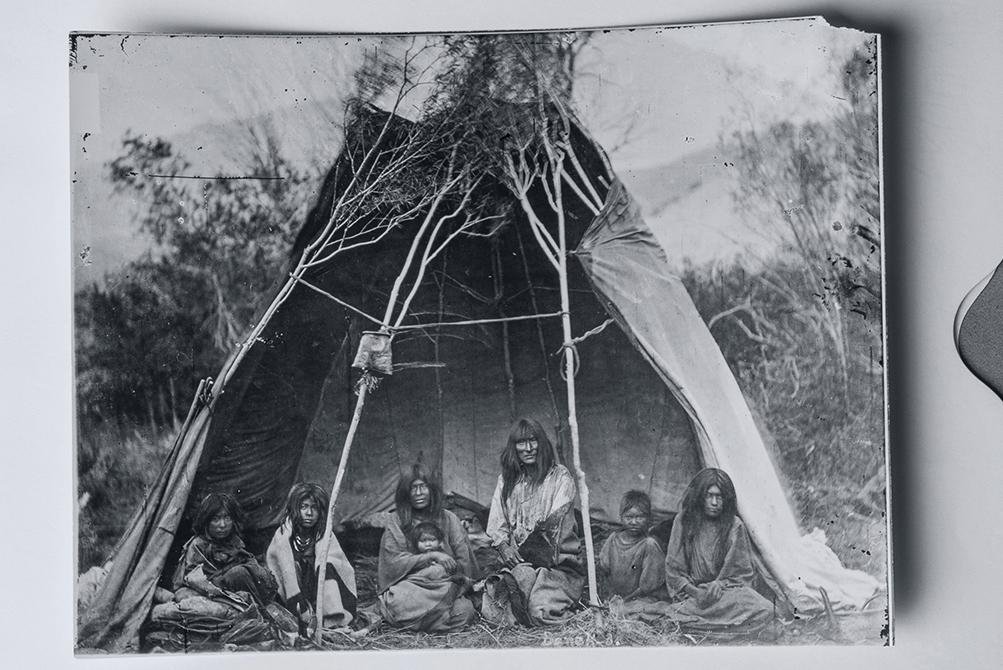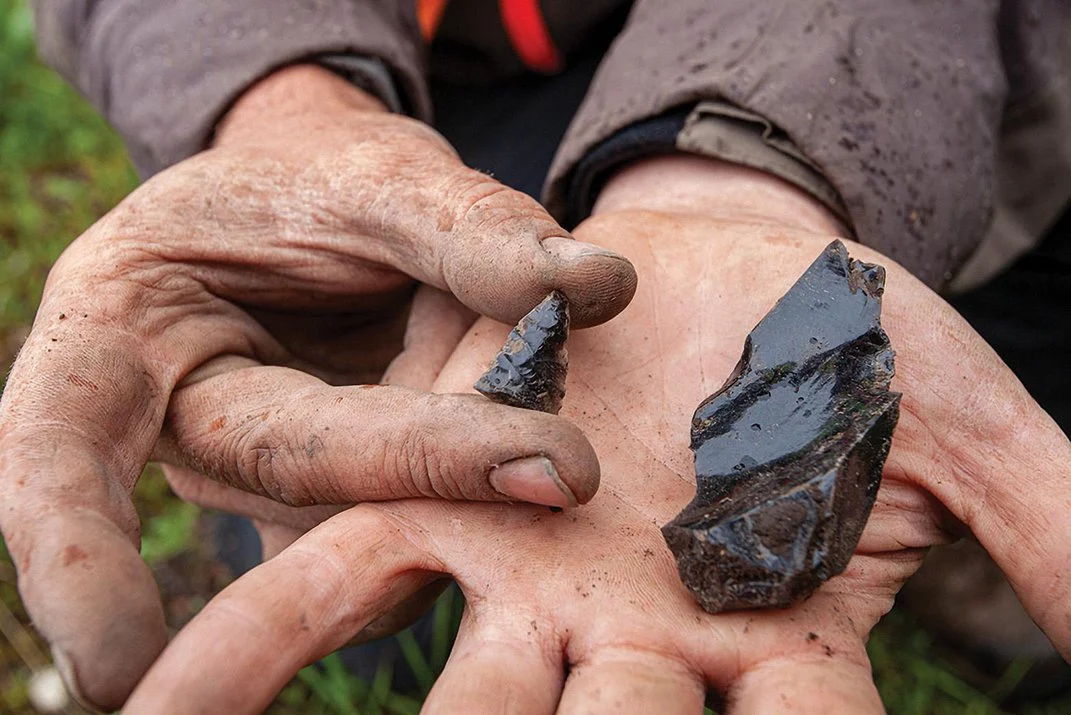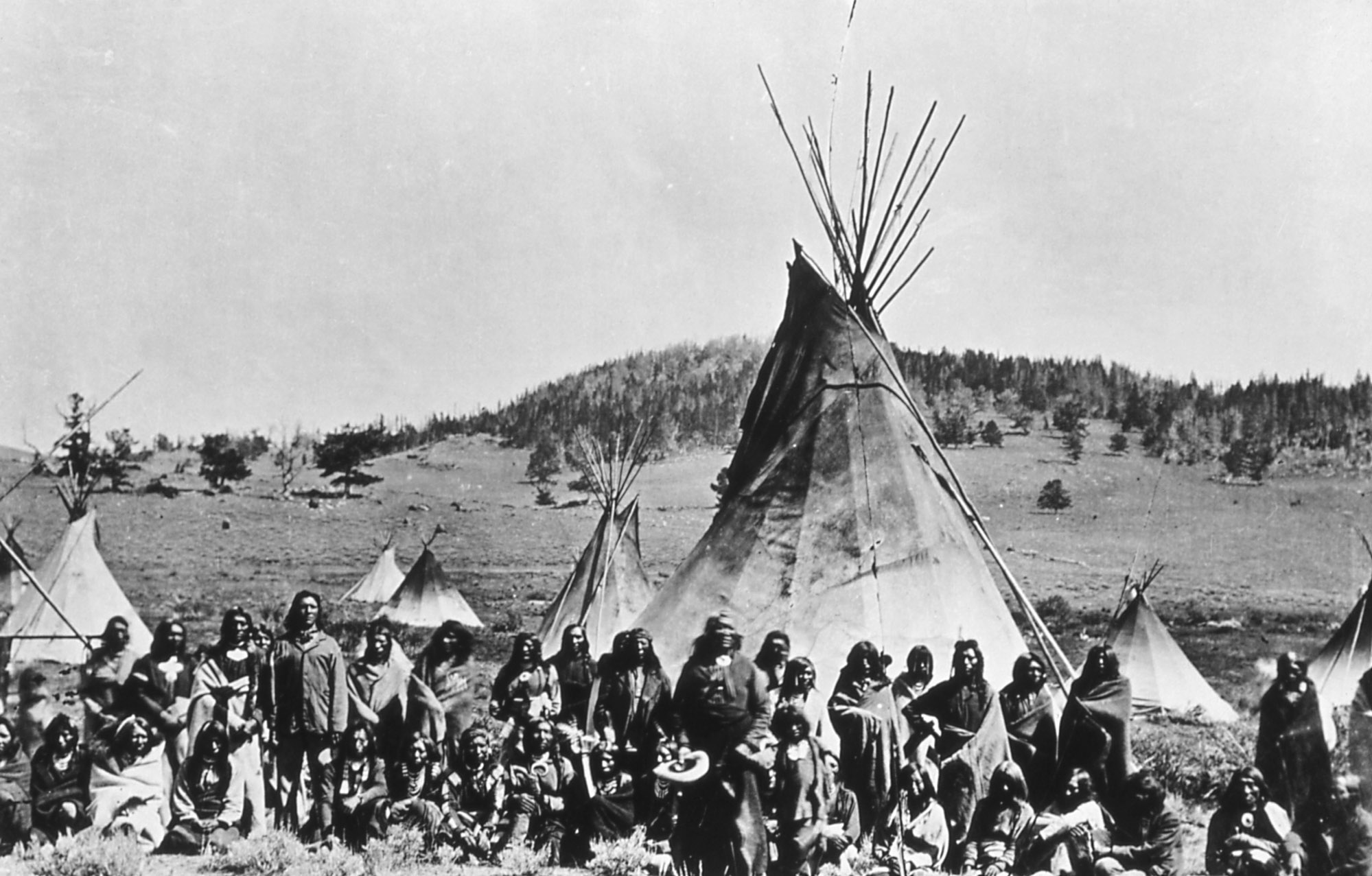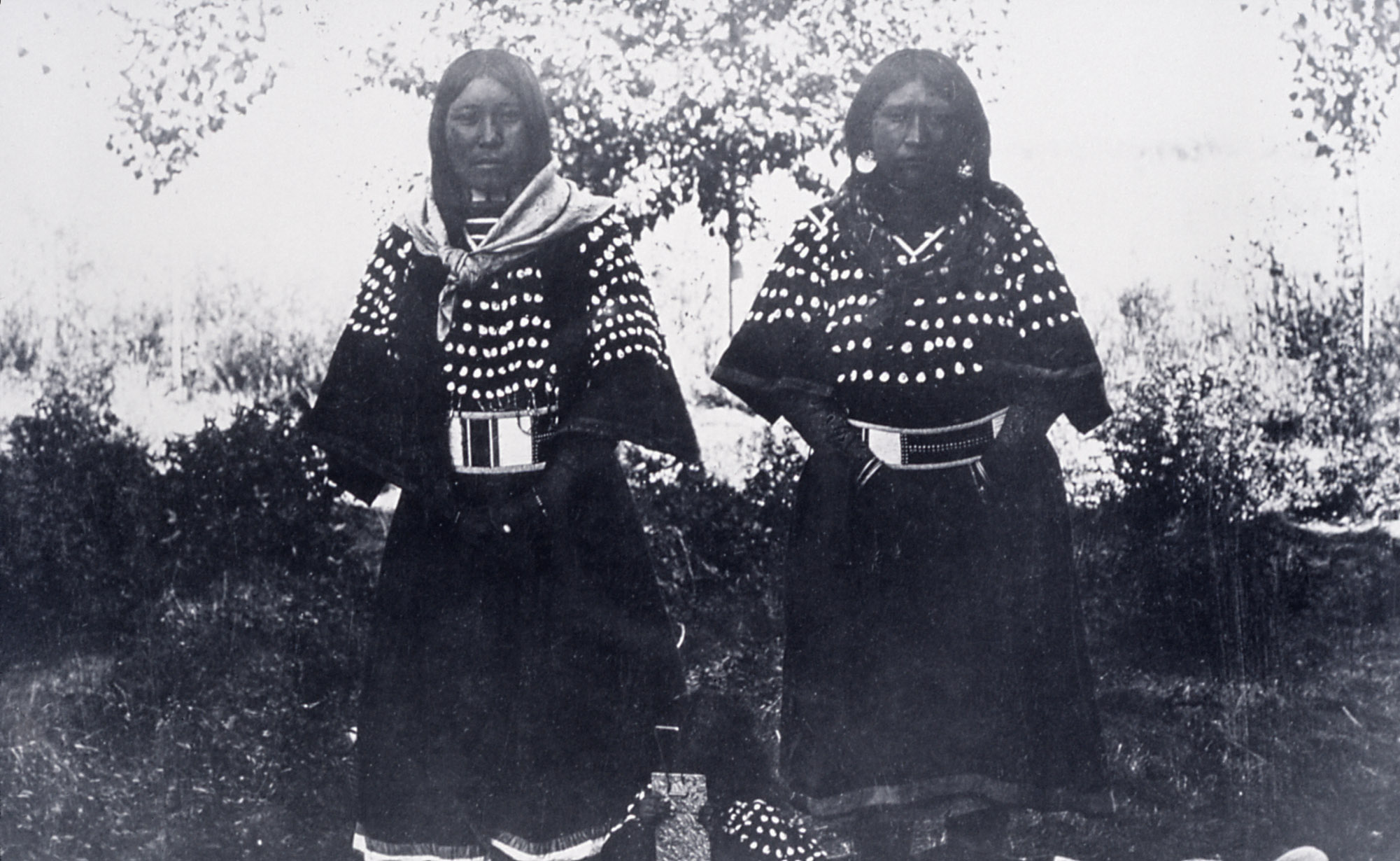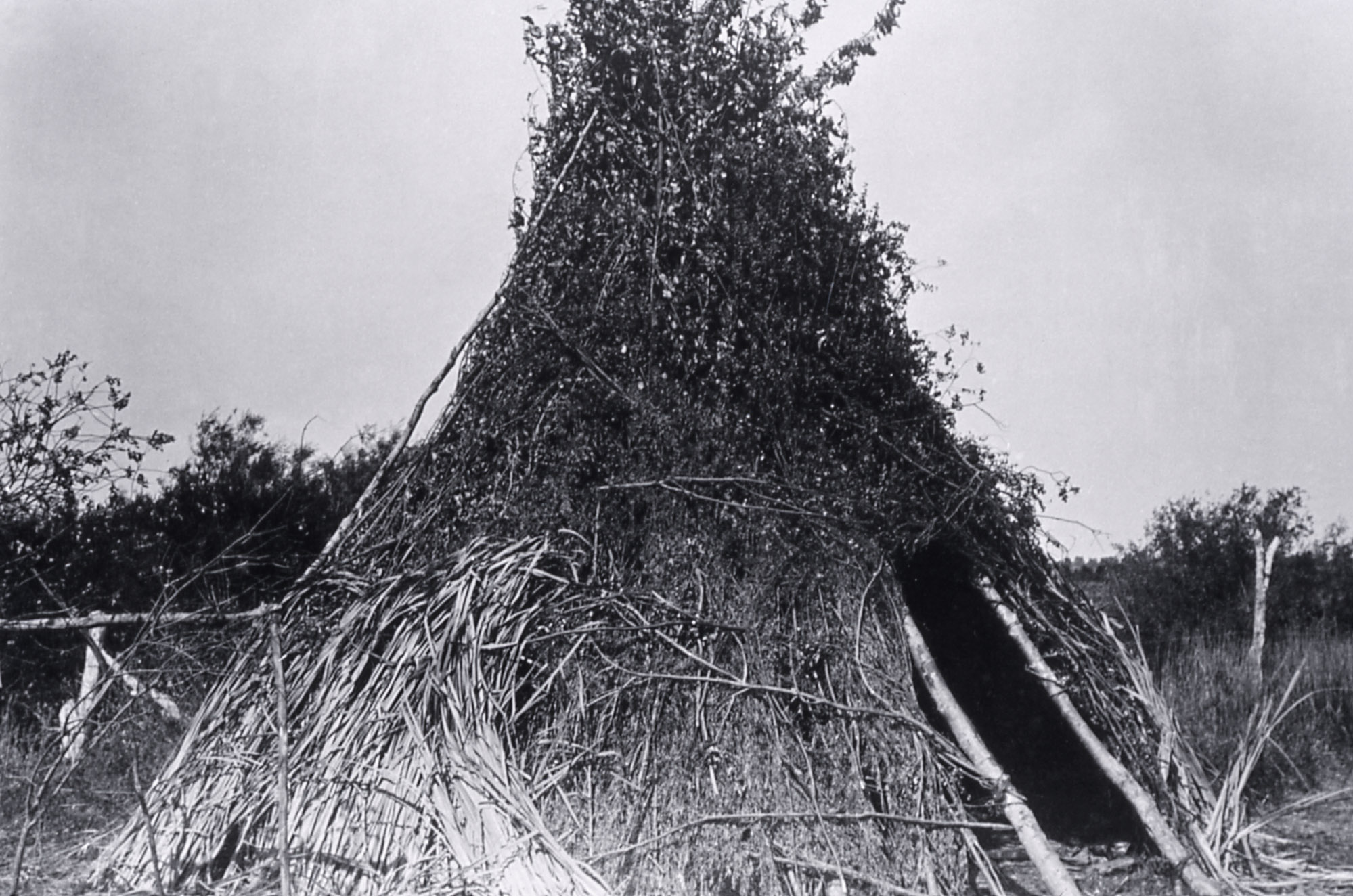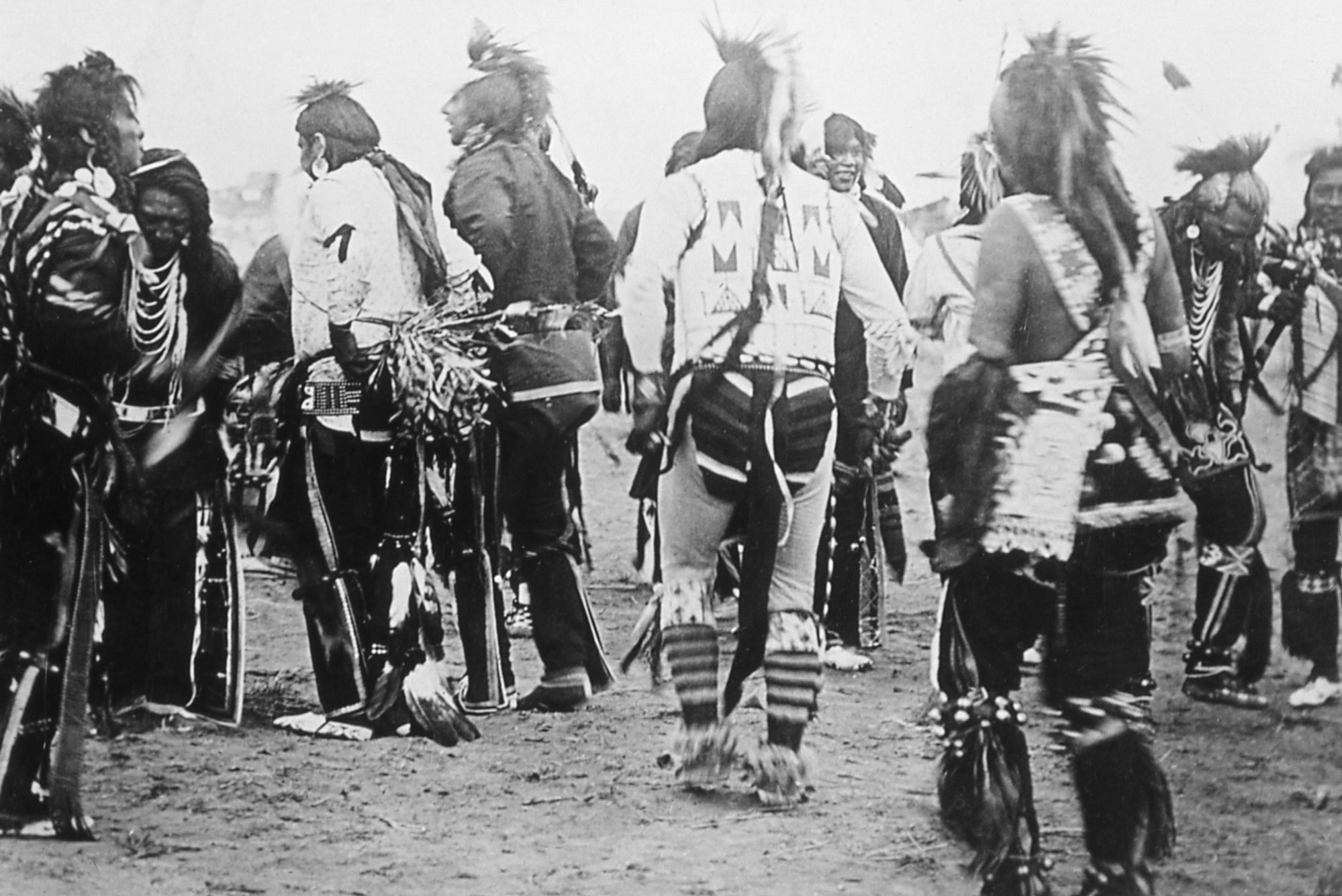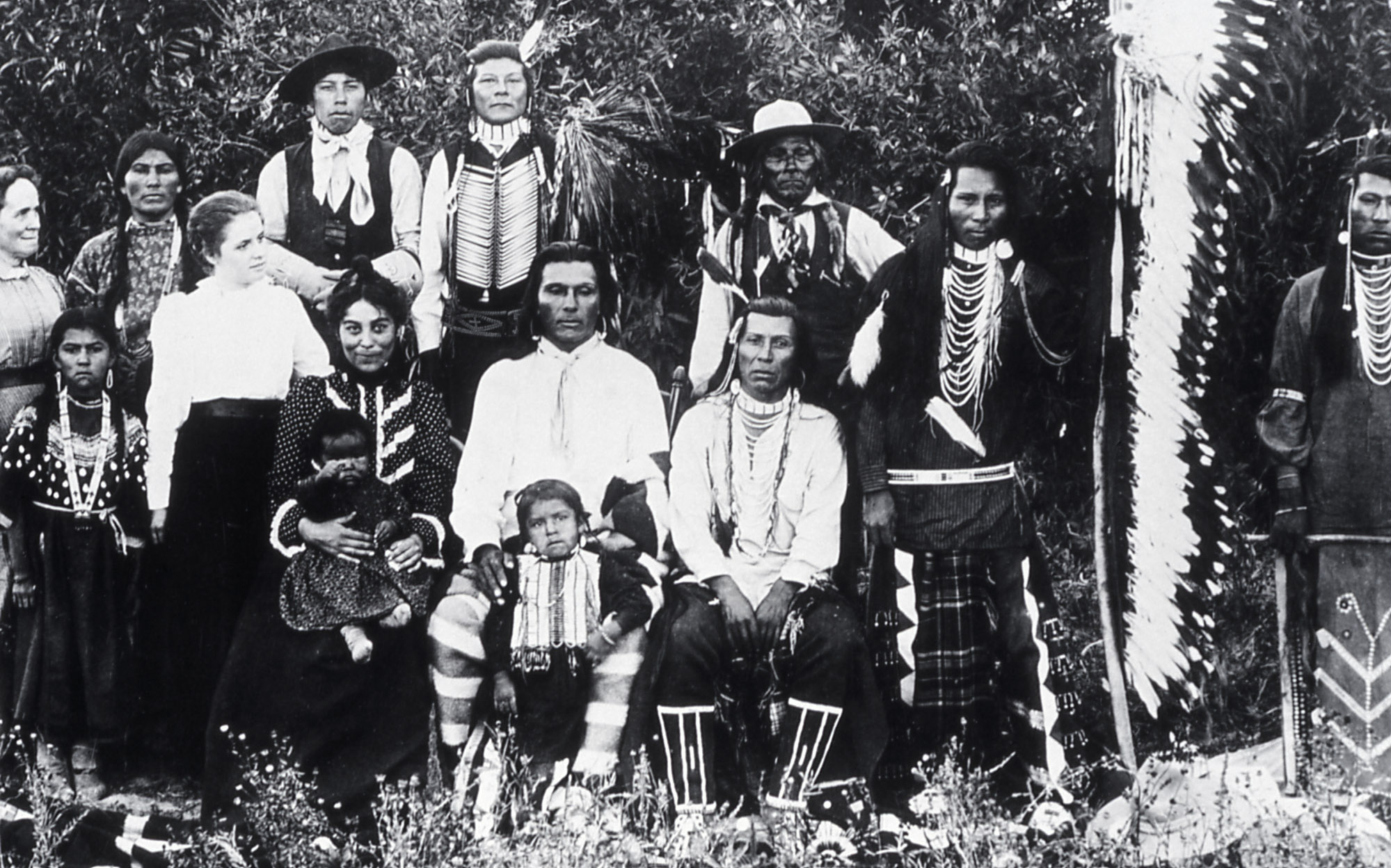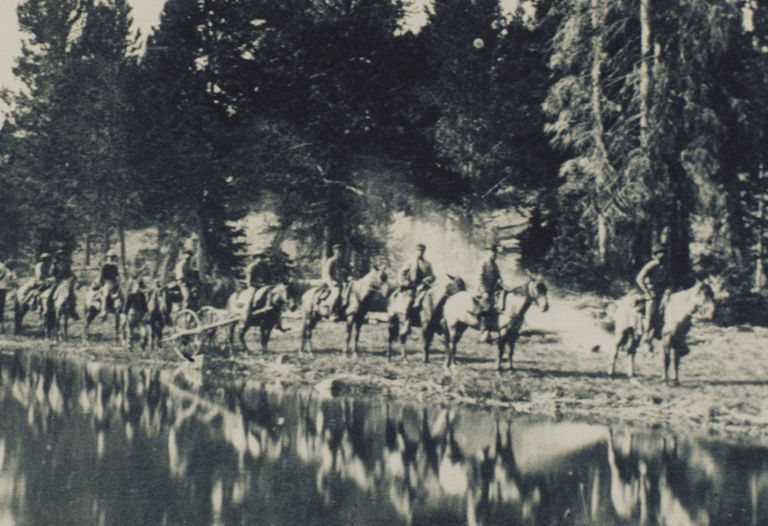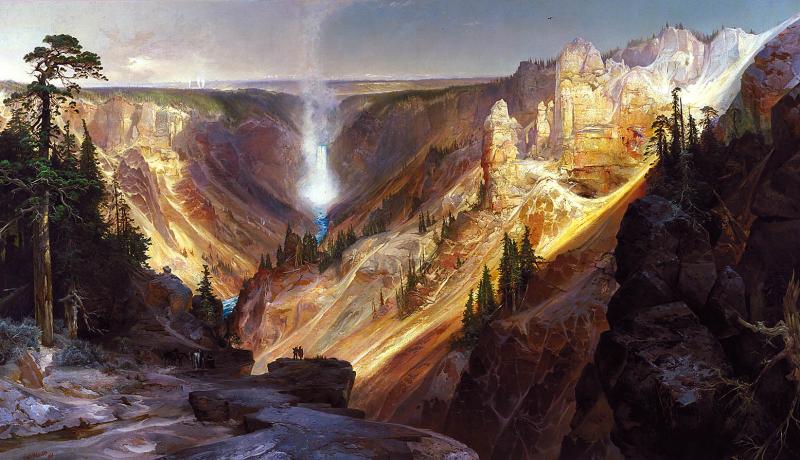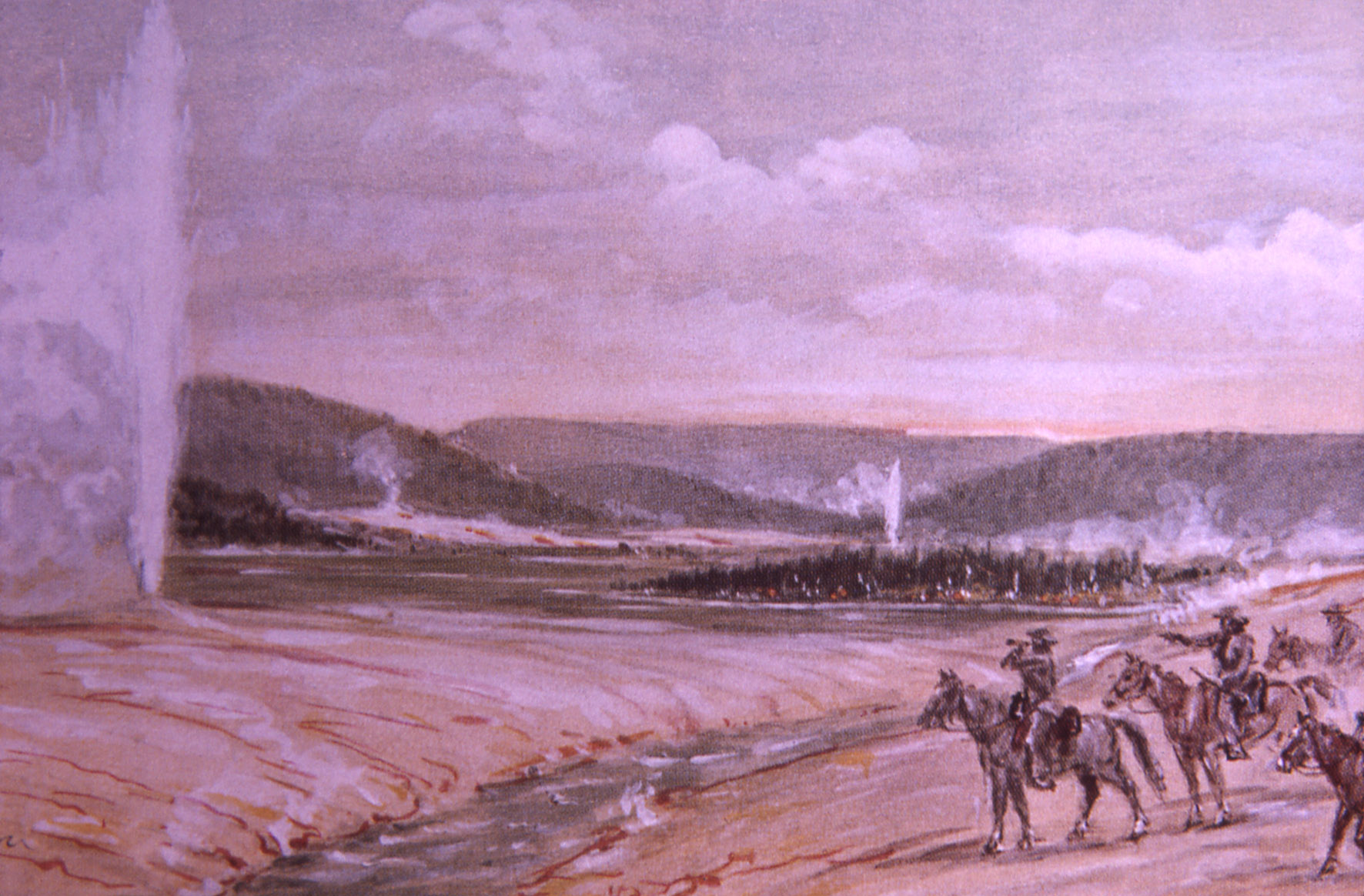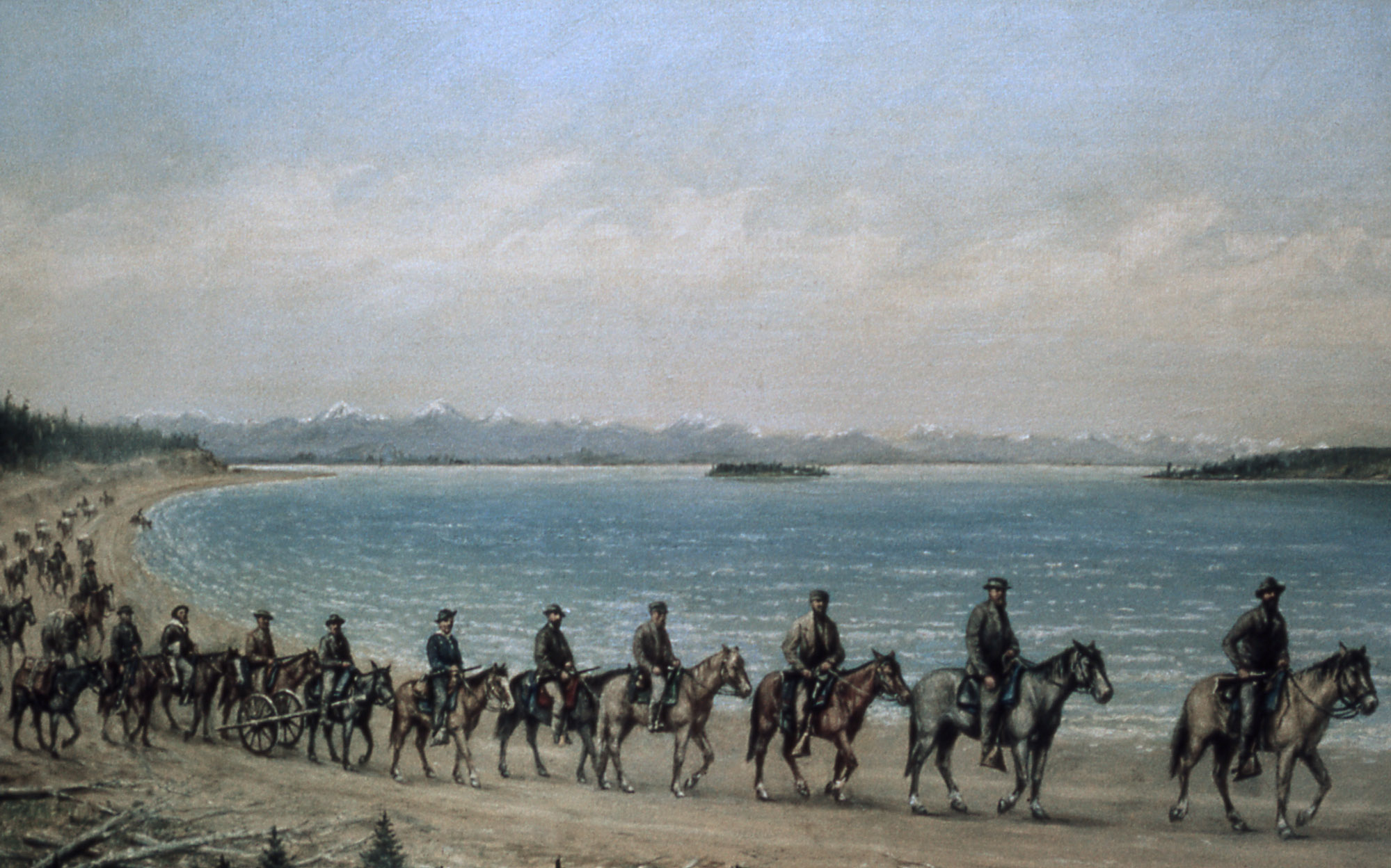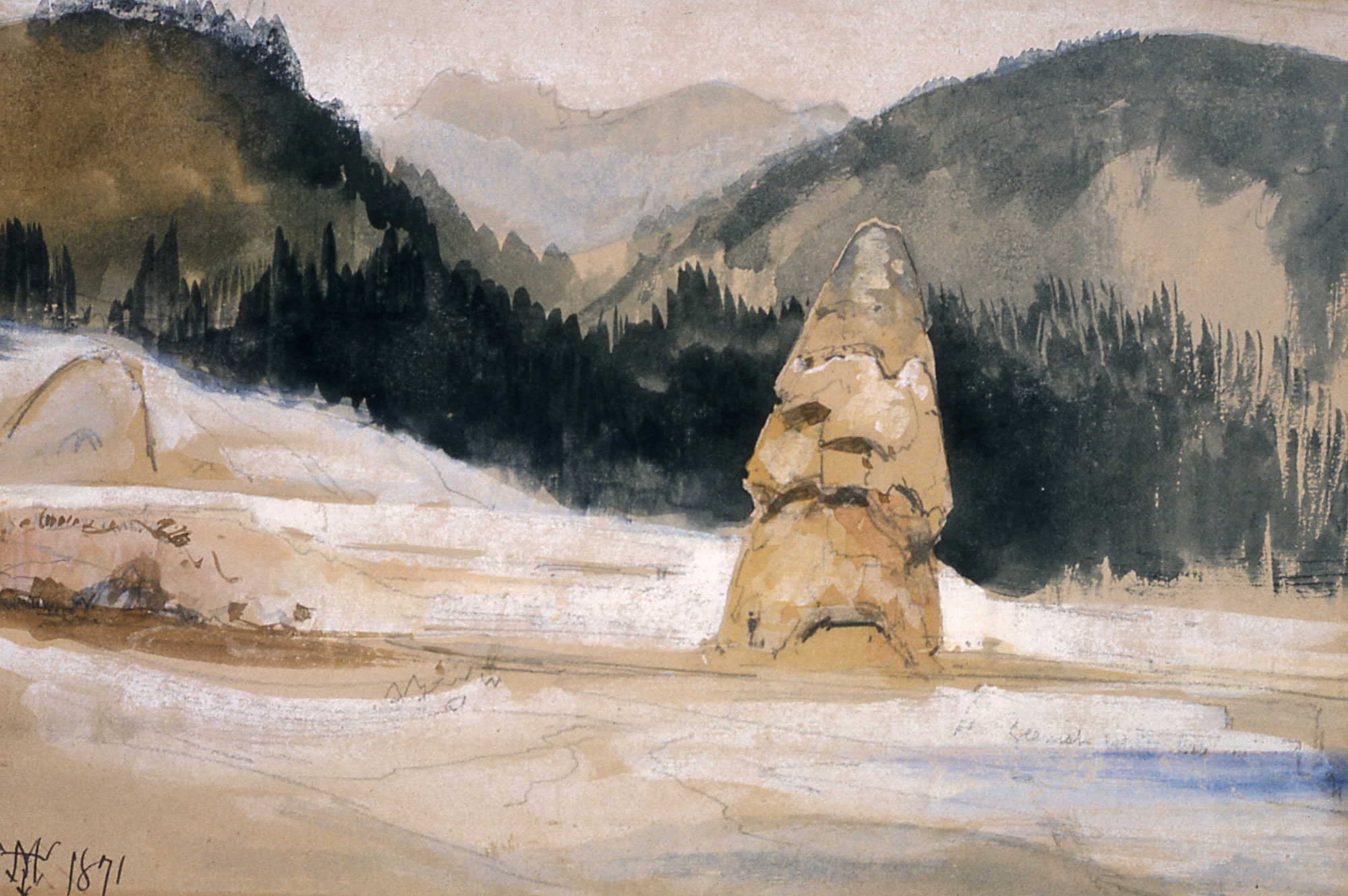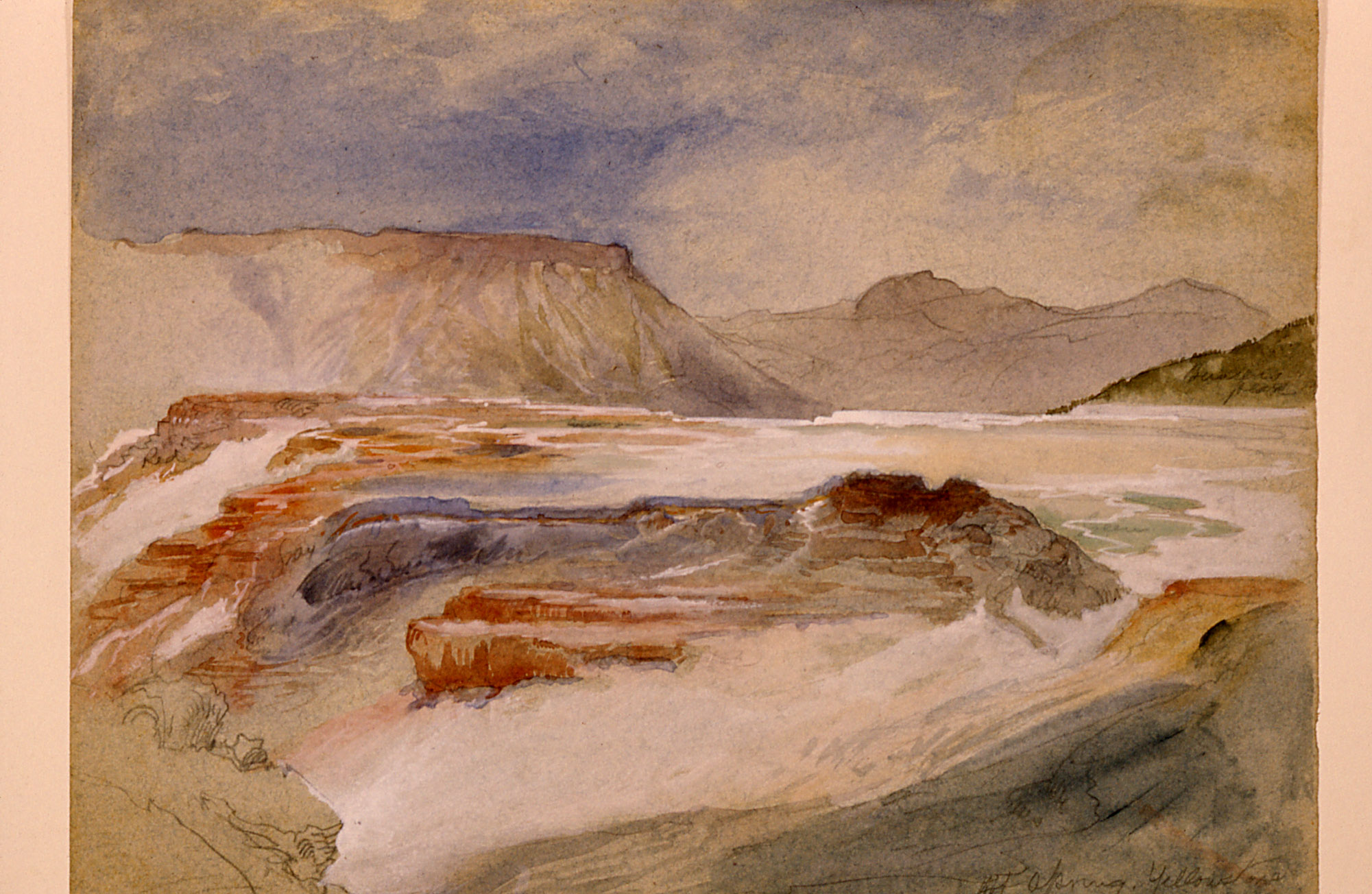History of Yellowstone Park

Sean Mitchell
Oct 9 | 3 min read
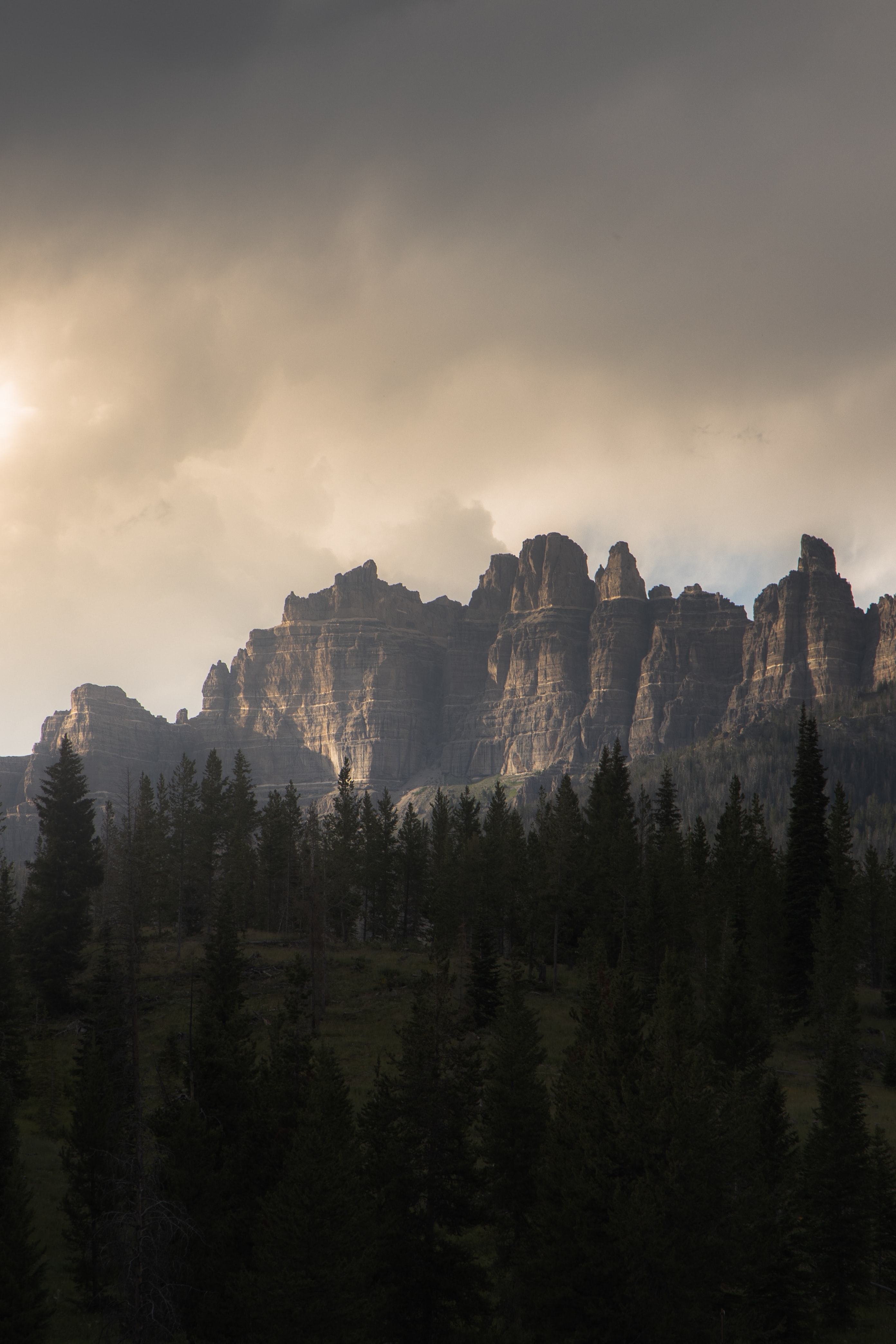
Photo credit: Unsplash - Andrew Sterling
Yellowstone was established as the world's first national park, but native Americans have been living there prior for thousands of years. Many of this can be found through archaelogical sites and even photographs showing that there were natives living in Yellowstone before it became a national park. The most well-known tribe was the Tukudika (Sheep Eaters). The Tukudika was known for hunting migrating bighorn sheep, and harvesting their carcasses for food and materials for tools or clothes. They also made use of the area's hot springs both ceremonially and medicinally.
Europeans did not set foot in Yellowstone until the early 1800s, primarily for fur trapping and trade. Yellowstone did not fully capture the attention of European Americans until some expiditions in the mid to late 1800s. The first notable exidition was the 1870 Washburn-Langfford-Doane Expedition. This expedition was sponsored by the Northern Pacific Railway, because they wanted the area mapped out for their railway. The expidition team consisted of Surveyor-General Henry D. Washburn, Montana politician and businessman Nathaniel P. Langford, and attorney Cornelius Hedges. Notably, this was not a scientific expidition as you can tell by the team's backgrounds. The expedition successfully mapped out the Yellowstone Lake, however their biggest impact was that they named the Old Faithful Geiser which remains a popular tourist attraction to this day.
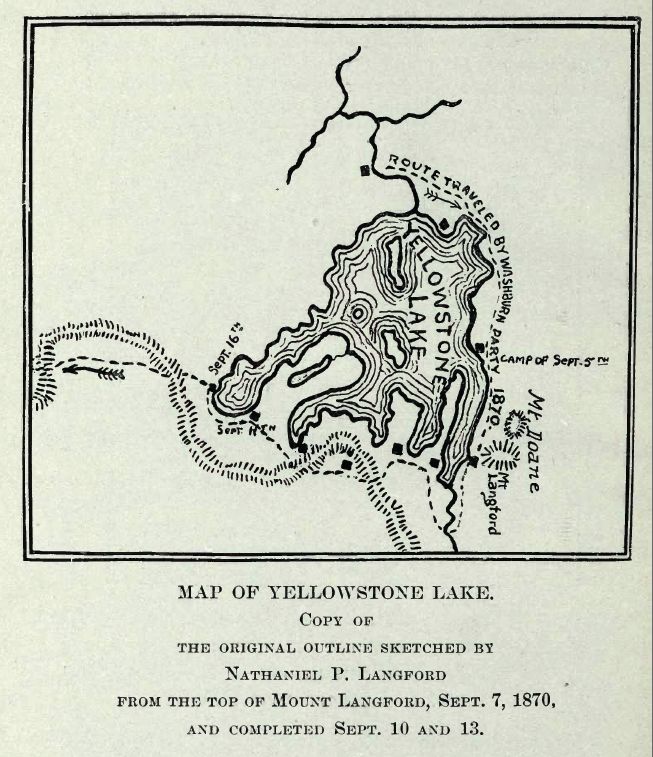
Map of Yellowstone Lake by Langford Expedition
The 1871 Hayden Expedition was a much more science focused expedition. The team included a meteorologist, two botanists, a zoologist, mineralogist and many more scientists. The team questioned the area's thermal activity and very unique environment, while also improving the parks map. The expedition's findings excited the scientific community and aroused further national interest in Yellowstone and its thermal mysteries. Thomas Moran was a photographer and sketch artist on the team. Many of his paintings gave the world and idea of what Yellowstone actually looked like and what the envrionment's beauty truly entailed.
The 1871 Hayden Expedition made the United States Congress realize what a special place Yellowstone was, making them officially establish it as a national park. On March 1st, 1872, President Ulysses S. Grant signed an act formally establishing it as the first national park in the entire world. Being a national park means that it is a federally reserved slice of land that aims to preserve the envrionment and its wildlife.
